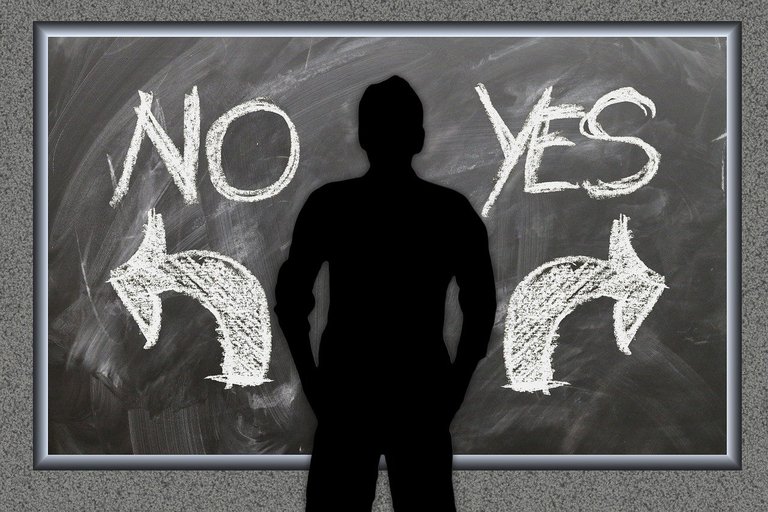Greetings everyone, and welcome to the weekend!
This thing they say about experience being the best teacher is something I am very much attached to, but I mostly learn from it through other people's experiences—both their successes and failures—and I apply those lessons in my decision-making process quite often. While sometimes I go with the flow of the “what will be, will be” mindset, I generally lean towards making decisions based on experiences—whether mine or those of others.

For instance, if I am offered two jobs with the same pay and I need to choose which one to go for, wisdom demands that I do proper research about both jobs and their working conditions to know which one would be more favourable for me. This is because, most times, it's not the written job descriptions that truly reflect what the job entails once you get into it. Oh yes, I once worked in an organisation where the terms on paper were quite simple, but in reality, the job took almost 21 hours of someone's life each day, week after week. In such a situation, the best way to find out the truth is to read reviews or ask people who have had experience with that kind of job. It is never a crime or an offence to learn about a situation before getting involved. People's experiences and reviews exist to make life easier for us, even when we are about to take risky decisions.
This same principle applies to marriage as well. These days, due to the influence of modern trends, people tend to downplay the importance of seeking advice or digging deep into the family they plan to marry into, all in the name of love. There are some families that are deeply involved in deities and rituals, where every child born into the family must be dedicated to a deity during infancy. A person who is against such practices might blindly marry into such a family without knowing, and when they eventually have children, problems start arising from every angle due to their refusal to comply with the deity's demands.
So, this is basically me: I consider what people have gone through in any particular aspect before hitting the decision button.
In situations where I am already involved in something I decided on, and it turns out to be contrary to what I hoped for, I may feel troubled or pained, depending on the nature of the situation. However, I usually just let things be and hope that everything will get better eventually. That very situation then becomes an experience I’ll use in future decisions when a similar issue comes up—or better still, it becomes a lesson to others who are looking up to me.
Back in the days when I was struggling to obtain my SSCE result, I passed through so many stages before finally settling it. At that time, I wasn’t mature enough to make decisions on my own, so I acted based on my dad’s decisions. That was how I ended up wasting a large amount of money enrolling in the same school where passing the exams was practically impossible. It was only at the final stage, when I travelled out of town to write the exams, that I succeeded.
This is where the importance of consulting people—experienced people—comes into play. There’s really no wisdom in trying to prove what isn’t there when we can simply ask questions and make the right decisions.
Thanks for reading.


